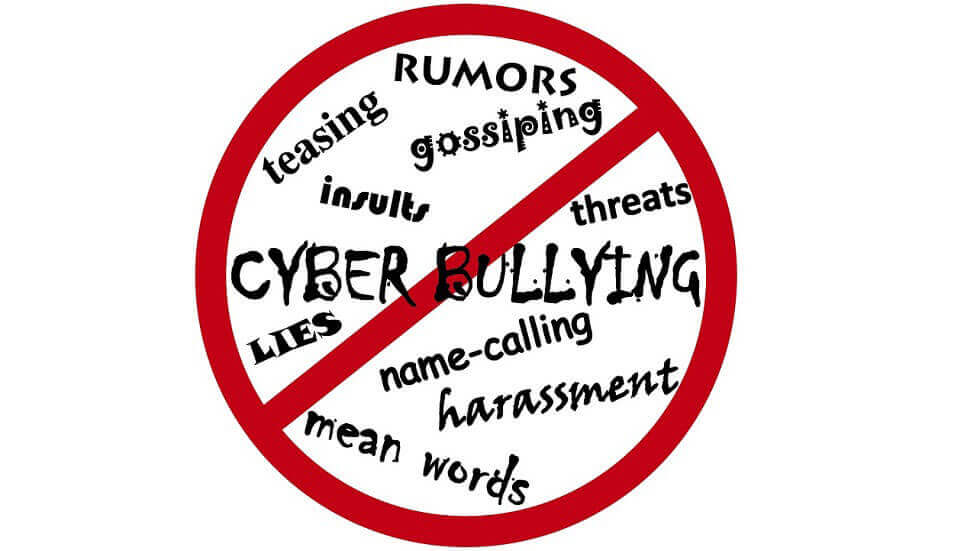What To Do If Your Child Is Being Bullied Or Bullying Someone Online
Parents also need to understand that a child is just as likely to be a cyberbully as a victim of cyberbullying and often go back and forth between the two roles during one incident. If you find out that your kid is being harassed online or is involved in cyberbullying someone else you must not panic and take one thing at a time. The following pointers will help you understand how to deal with this tough situation at hand:
1. Listen
Before rushing to any conclusion whether your child is the victim or offender, give them a chance to explain and speak out to you. Doing so will build trust in them for a lifetime. In both cases, you must hear your child first. In most cases, cyberbullying happens due to underlying issues that kids may be having with themselves or among peers. Understand the root causes that lead to this situation to help your child. Hear them out and affirm them that you are there for them so they do not hesitate to approach you if anything happens again. For the parents whose child is being the offender, teach your child about how wrong it is, and try to understand what made him/her indulge in cyberbullying in the first place. Address your child’s concerns and issues so that they acknowledge the crime they have committed.
2. Let the school know
Since children use technologies for their schooling, you must convey to the concerned school authorities about what has happened. There are school counsellors that keep an eye for in school and online bullying. They know how to handle these things and are good at dealing with children who indulge in cyberbullying. If you see repeated incidences, you may consider notifying your paediatrician, family counsellor, or clergy for support. You must be there to provide the necessary support and love. Make them feel secure. There have been cases around the globe where children commit suicide after having been cyberbullied. You must make them feel secured and take things seriously.
3. Keep an eye
If your child has bullied someone, keep an eye on their internet activities. Take all precautions in terms of limiting screen time, success for their online social media platforms, try to make sure that they use the web under someone’s guidance. Impart knowledge about the right and wrongdoings of the internet. Make them aware of the consequences of committing cybercrimes.
For parents who are dealing with children who’ve been victimized by cybercrimes, keep a check on their mental health. Cyberbullying often leads to anxiety, sleeplessness, and depression in victims. They develop issues of low self-esteem, under confidence, and other concerns that make them question their worth and value. Suicidal tendencies are prevalent in severe cases of cyberbullying victims. You need to ensure that your child is in a safe place mentally. Talk to them, help and support them in appropriate ways. Seek medical help if you see your child’s condition not getting better.
4. Know their online friends
Children start using social media at an early age. It is common to have online friends for teens. However, they must understand the related threats and concerns if their online friend is an online offender disguised as a friend. At first, talk to your kids about their online friend circle. Get to know your children’s online friends. Making “friends” online is fast and easy, but you must help your children learn the difference between a real friend and a friendly stranger. You can monitor their online friendships by asking them questions about their virtual friendships just like you ask them about their day in school. Make them understand the importance of keeping private information confidential. Urge your children never to disclose any information that would reveal who they are, where they live, or where they go to school. Instruct them never to arrange to meet online-only friends in person without your notice, presence or knowledge, whatever you find appropriate.
